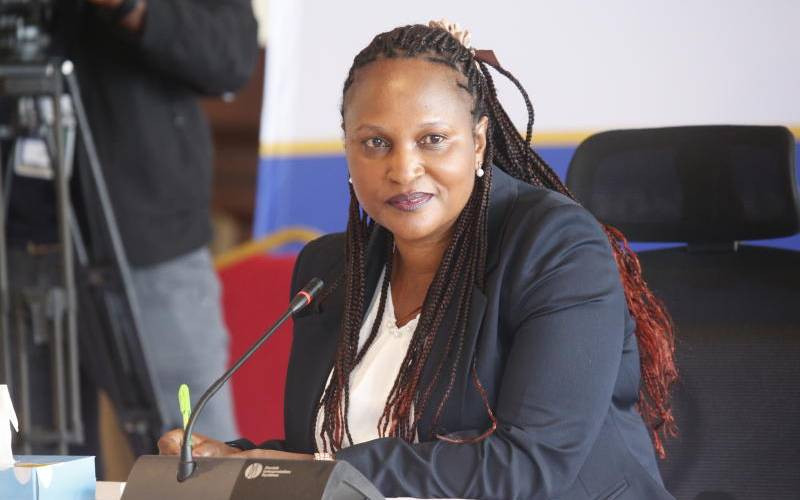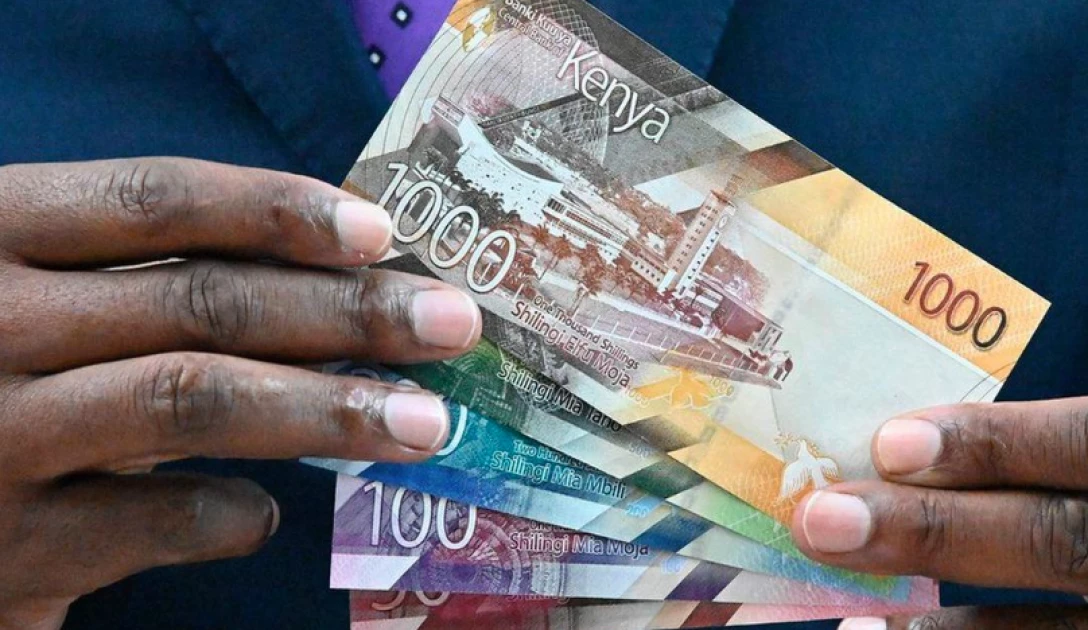A legal petition seeking to stop the vetting and approval of President William Ruto’s nominees for the Independent Electoral and Boundaries Commission (IEBC) will be heard today, Monday, 19 May 2025. Justice Lawrence Mugambi adjourned the case on Thursday, 15 May 2025, after it emerged that one of the seven nominees, Fahima Araphat Abdallah, had not been served with a court notice.
The judge directed the petitioners, activist Kelvin Roy Omondi and civil rights campaigner Boniface Mwangi, to re-serve all nominees through a public advertisement in a national newspaper ahead of the hearing. Justice Mugambi further ordered the petitioners, represented by Senior Counsel Paul Muite, to appear in open court this morning, Monday, 19 May 2025, for the hearing of the application.
The petitioners are seeking interim conservatory orders suspending any consideration, vetting, or approval of the nominees by the National Assembly. Through lawyer Douglas Otieno, they are also asking the court to bar the nominees from assuming office, receiving salaries, or performing any IEBC functions, even if they have already been sworn in by the time the case is heard.
The petition follows a public notice issued on 8 May by the Head of Public Service, which announced the President’s nomination of Erastus Edung Ethekon as IEBC Chairperson and six others as commissioners: Anne Njeri Nderitu, Moses Alutalala Mukhwana, Mary Karen Sorobit, Hassan Noor Hassan, Francis Odhiambo Aduol, and Fahima Araphat Abdallah.
The petitioners contend that the recruitment process was riddled with irregularities, conducted in an opaque manner, and fell short of constitutional standards. They allege that some individuals were improperly added to the shortlist, while others failed to meet legal or ethical requirements.
Specific concerns raised include Anne Nderitu’s continued status as a state officer, which would disqualify her from appointment, and Mary Karen Sorobit’s previous leadership role in the Jubilee Party, which contravenes the requirement for political neutrality. Hassan Noor Hassan is cited for contesting political office, another potential disqualification.
The petition also faults the process for failing to ensure regional and ethnic balance, excluding persons with disabilities, and neglecting the requirement to consult opposition parties, as stipulated in the National Dialogue Committee Report and recent amendments to the IEBC Act.
Omondi and Mwangi maintain that the integrity of the electoral commission is at stake. They warn that allowing the nominees to assume office without resolving these issues would render the petition futile, as constitutional safeguards limit the grounds for removing commissioners once in office.





